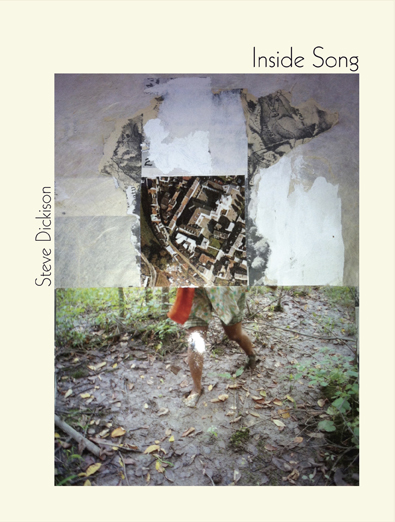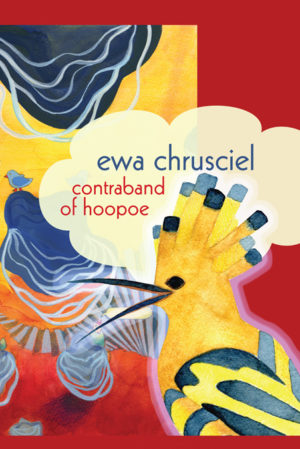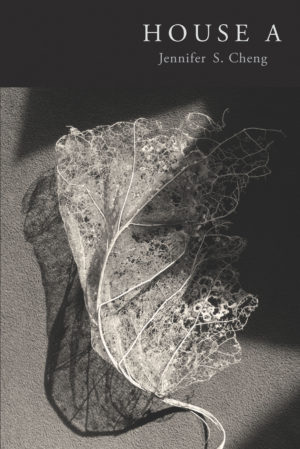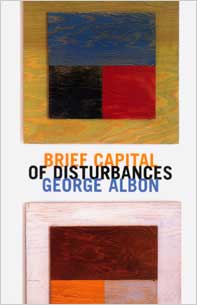Description
Winner of the Omnidawn Poetry Chapbook Prize
Selected by Tyrone Williams
Poetic iterations of what Amiri Baraka called the blues impulse, attending to an “inside song” that “could bring people in”
These poems sense music as a generative force—always gone other ways than culture and commerce need and declare it to travel. The book obliquely explores Zora Neale Hurston’s practice of “fieldwork” as the study of “getting into the crowd,” and follows from Charlie Haden’s deployment of “liberation music” as communitarian voice in the face of acts of State targeted at peoples and persons.
Inside Song is what Jean Toomer might have written after Cane had he lived long enough to be alive “today,” after, say, 1964, 2009, Michael Brown, after— in brief—impossibility, a cognate—not antonym—of “liberation.” Titled with sass (“This poem is called Zora Neale Hurston because.”), directed by a historical consciousness nimble enough to glide among the iterations of what Amiri Baraka once called the blues impulse (from jazz to r&b and “after”) and confounding master and slave narratives of evolution or decline, Inside Song orients itself toward the horizon that is black music, that prospect of, and model for, a freedom which beckons and warns: “Study the bee. Study the baited bird.”
Tyrone Williams, author of As iZ and judge of the Omnidawn Poetry Chapbook Prize
Steve Dickison’s Inside Song will remind you that music is the fundament of poetry and poetry is music and one of the ways our wounds can be healed and we can sustain those around us is through sound. ese poems attempt to do this work by being attuned to the “inside song” “cultivated somewhere beyond the horizon line.” Dickison’s ears are open and his poems bear the mark of listening to a common bell. But in the surveillance state it is not only poets who listen and make songs, so the book ponders how we form renegade songs and build passage to what we have to do without knowing in advance what that is. Because, as the book says, what befalls us befalls us together. Rolling around in the cinders and phoenixing therefrom. Palpating the signs, raising the names, and listening always listening.
Alli Warren, author of I Love It Though
Reviews
About the Author
Excerpt
Steve Dickison teaches at San Francisco State University, where he directs The Poetry Center. His work has appeared in SFMOMA’s Open Space, BAX 2015: Best American Experimental Poetry, and Bomb, which awarded him the 2014 Poetry Prize. He was born and raised in Northern Minnesota.
3. “the word changes / the moment / i write / it”
William Rowe





